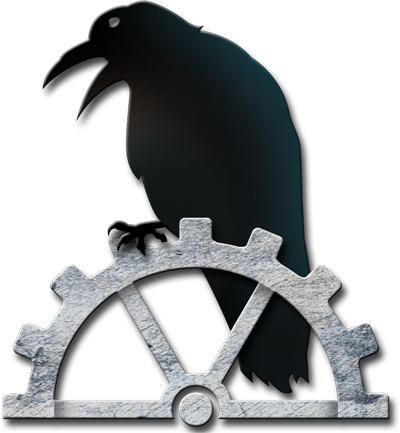 BY LAURISA REYES
BY LAURISA REYES
WRITE A REAL PAGE-TURNER
I recently gave a presentation at the Kanab Writers Conference in Southern Utah called “How To Write A Real-Page Turner” and thought it might be fun to pass along some of the key elements I shared there to you.
Today, I will define what being a page turner is, and why writers might want to write one. Part Two will address what my son calls “Fun Suckers,” writing techniques sure to put your readers to sleep. And Parts Three, Four & Five will tackle the three top techniques used by best-selling authors to keep their readers turning those pages.
So, WHAT IS A PAGE-TURNER?
This term is probably one of the most sought-after compliments an author can receive about our books. It means we have succeeded in keeping our readers engaged from the first page to the last, and that they have connected with our story in a way that is both satisfying and invigorating. Books like that are never forgotten, and are most likely to be the ones readers will rave to their friends about.
Here are some quotes from reviews of page-turners, quotes we authors all want to hear about our books:
“I just couldn’t put it down!”
“I have to know what happens next.”
“Kept my attention to the last page.”
“A book I would definitely read again.”
And my personal favorite because it came from a review about my book The Last Enchanter . . .
“Holy Moly! Read this book now!”
Now you may be thinking that writing a page-turner is only for specific genres such as thrillers, action-adventure, or horror. If you think that you could never write one because you write romance, or picture books, or even non-fiction, think again.
 Page-turners transcend genre and target audiences. The Da Vinci Code, an action-packed suspense/mystery, is definitely a page-turner. But so are Devil in the White City by Erik Larsen, a non-fiction narrative about the history of the 1898 World’s Fair and America’s first serial killer; The Hunger Games, a young adult dystopian about kids who kill each other in an arena; Wonder by R.J. Palacio, a contemporary middle grade novel about a boy with a facial deformity; The Help, a historical novel about the racial tensions of 1960s south; and If You Give A Mouse A Cookie, a picture book about a very demanding little mouse. In other words, it doesn’t matter what kind of book you are writing or who you are writing it for, you can write a real page-turner.
Page-turners transcend genre and target audiences. The Da Vinci Code, an action-packed suspense/mystery, is definitely a page-turner. But so are Devil in the White City by Erik Larsen, a non-fiction narrative about the history of the 1898 World’s Fair and America’s first serial killer; The Hunger Games, a young adult dystopian about kids who kill each other in an arena; Wonder by R.J. Palacio, a contemporary middle grade novel about a boy with a facial deformity; The Help, a historical novel about the racial tensions of 1960s south; and If You Give A Mouse A Cookie, a picture book about a very demanding little mouse. In other words, it doesn’t matter what kind of book you are writing or who you are writing it for, you can write a real page-turner.
Not every book has to be a page-turner. There are plenty of wonderful, slow-burning books out there, and many readers enjoy the kind of tomes they can snuggle up with in front of a cozy fire, or pace their read over several weeks or months. If that’s the sort of book you want to write, then read no further.
 But, if you want to hear your readers say the sorts of things about your book mentioned above, come back next month for Part Two: 5 Sure Fire Fun-Suckers and How To Avoid Them.
But, if you want to hear your readers say the sorts of things about your book mentioned above, come back next month for Part Two: 5 Sure Fire Fun-Suckers and How To Avoid Them.
Author, editor, and lecturer Laurisa Reyes works from her home in California. Her recent middle-grade fantasy, The Last Enchanter, was released in October, 2013. Her first project with The X, Reflected by Joanne Kershaw, the sequel to Vanguard Legacy: Foretold, is slated for release in April 2014.

